Author:Baby & Adult Diaper Materials FROM:Diaper Materials Manufacturer TIME:2023-08-28
In recent years, there has been a growing concern over the environmental impact of disposable sanitary pads. Traditional sanitary pads are often made with non-biodegradable materials that contribute to plastic waste and take hundreds of years to decompose. However, with the advancement in technology and increased awareness of sustainability, eco-friendly materials are now transforming the landscape of material sanitary pads. These innovative alternatives offer not only a more environmentally friendly option but also provide numerous benefits for women's health and well-being.
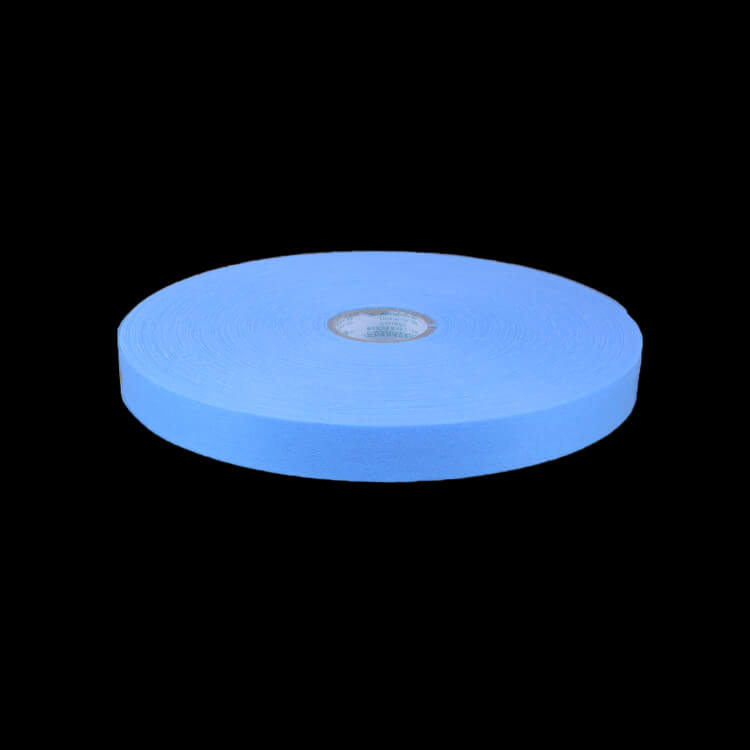
Bamboo fiber pads have gained popularity among eco-conscious consumers due to their sustainable nature. Bamboo is a fast-growing plant that requires minimal water and pesticides to thrive, making it an excellent renewable resource. The fibers derived from bamboo are soft, absorbent, and naturally antibacterial. These properties make bamboo fiber pads a comfortable and hygienic choice for women. Additionally, bamboo is biodegradable, ensuring that these pads will break down over time, reducing their impact on the environment.
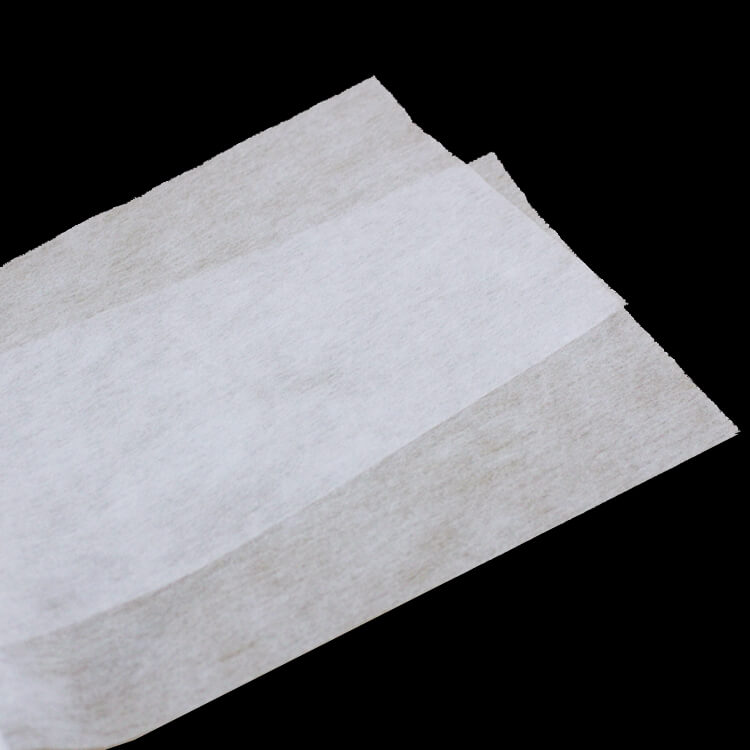
Organic cotton pads offer another eco-friendly alternative to traditional sanitary pads. These pads are made from cotton grown without the use of synthetic fertilizers or pesticides, ensuring a low environmental impact during cultivation. Organic cotton is also free from harmful chemicals and toxins that are often found in conventional cotton pads. This makes them hypoallergenic and safe for those with sensitive skin. Furthermore, organic cotton pads are biodegradable, allowing them to decompose naturally and minimize the accumulation of waste in landfills.
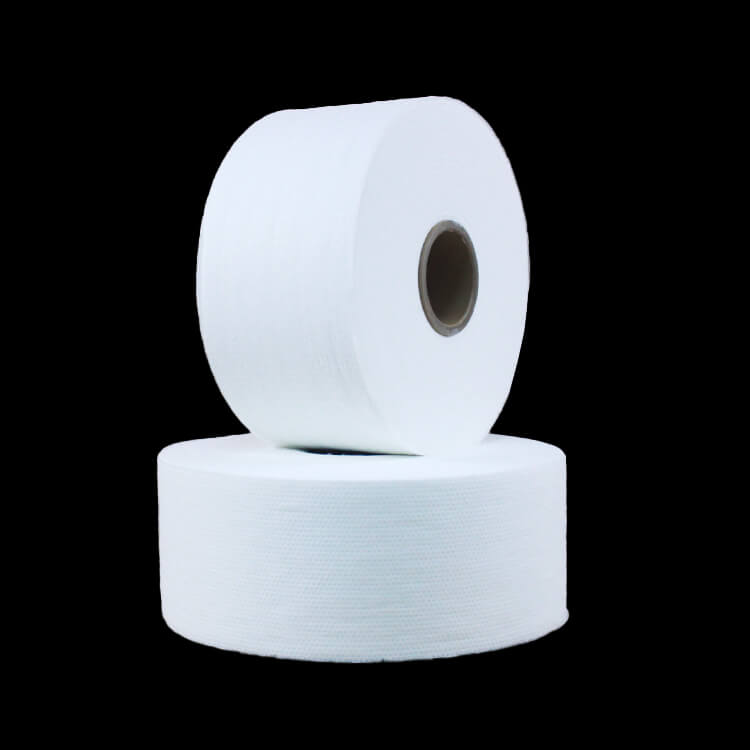
Menstrual cups have revolutionized the menstrual hygiene industry. Made from medical-grade silicone or natural rubber, these cups are reusable and can last for several years, significantly reducing waste generation compared to disposable pads. Menstrual cups are inserted into the vagina to collect menstrual fluid, offering a leak-free and odorless experience. They are also cost-effective in the long run, as women no longer have to purchase pads every month. The use of menstrual cups promotes sustainability by reducing plastic waste and promoting better menstrual health.
In conclusion, eco-friendly materials are transforming the landscape of material sanitary pads. Bamboo fiber pads, organic cotton pads, and menstrual cups offer sustainable alternatives to traditional disposable pads. These materials not only help protect the environment by reducing waste but also provide women with comfortable, hygienic, and cost-effective options. By choosing eco-friendly menstrual products, individuals can make a positive impact on the planet while prioritizing their own health and well-being.
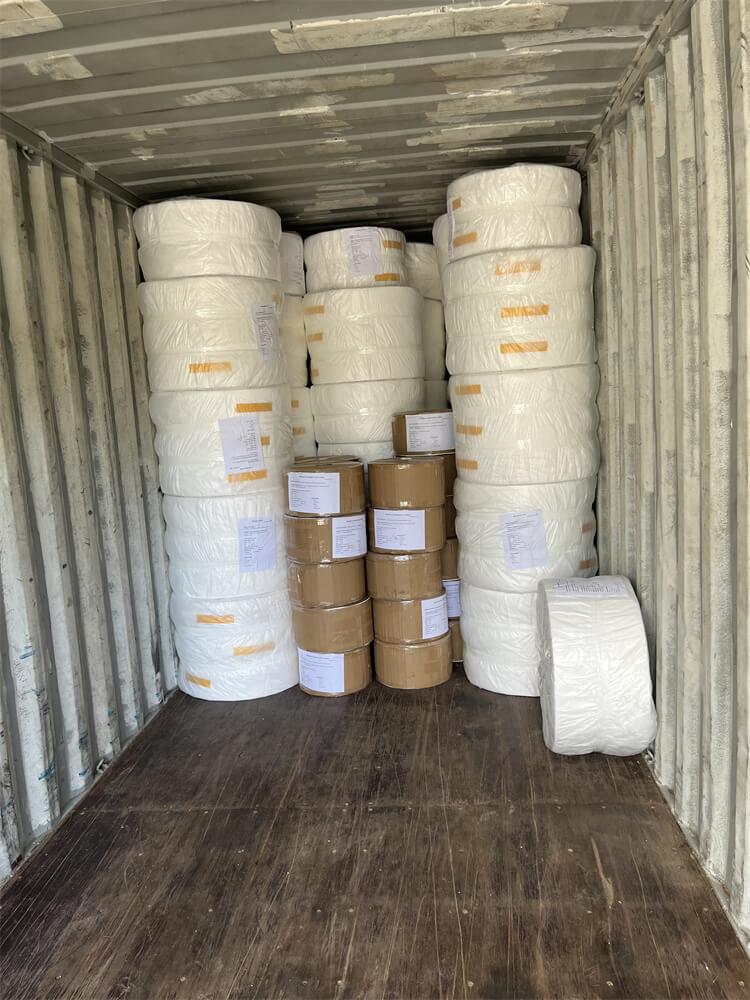
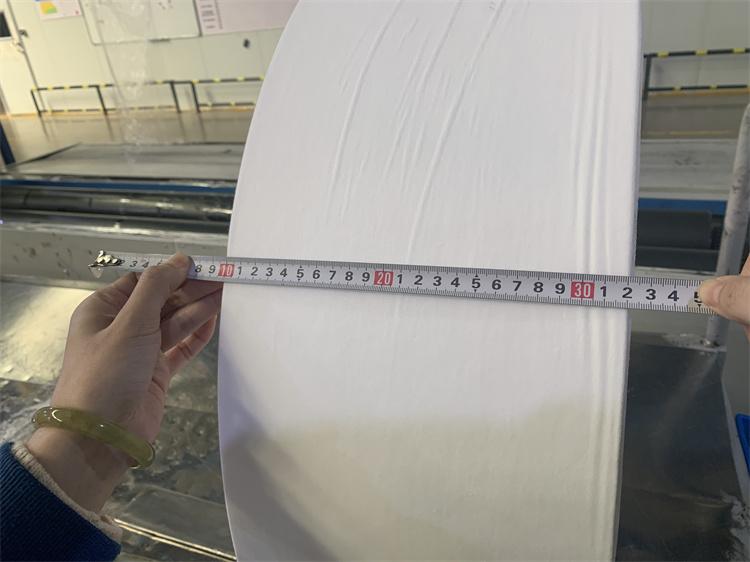
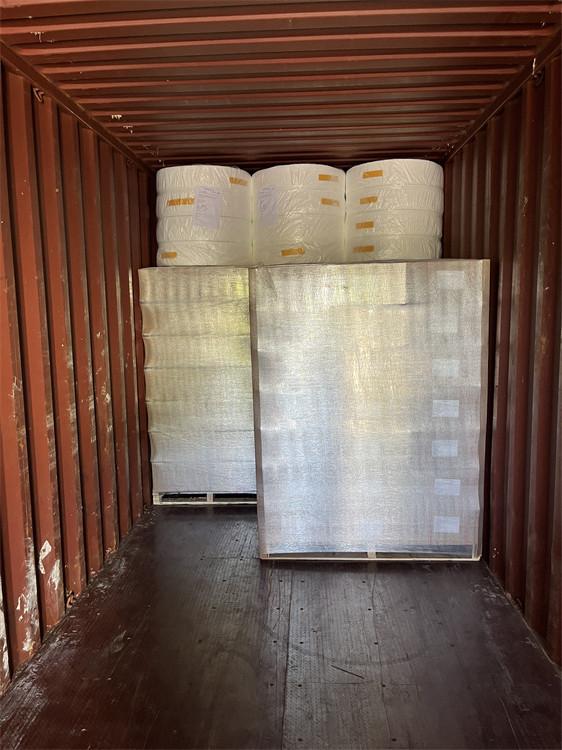
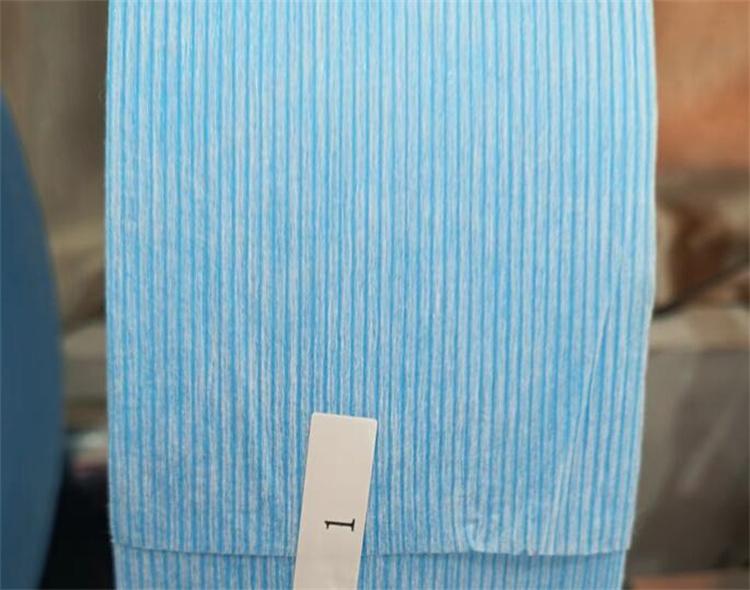

 Email: info@whldiapernonwoven.com
Email: info@whldiapernonwoven.com
 MP/WhatsApp: +86-13599937366
MP/WhatsApp: +86-13599937366
 Manufacturer Address:Room 1105B, Bld M1, Manhattan, Yulongwan, Shimao, Shuanglong Road, Meiling Street, Jinjiang, Fujian, China
Manufacturer Address:Room 1105B, Bld M1, Manhattan, Yulongwan, Shimao, Shuanglong Road, Meiling Street, Jinjiang, Fujian, China